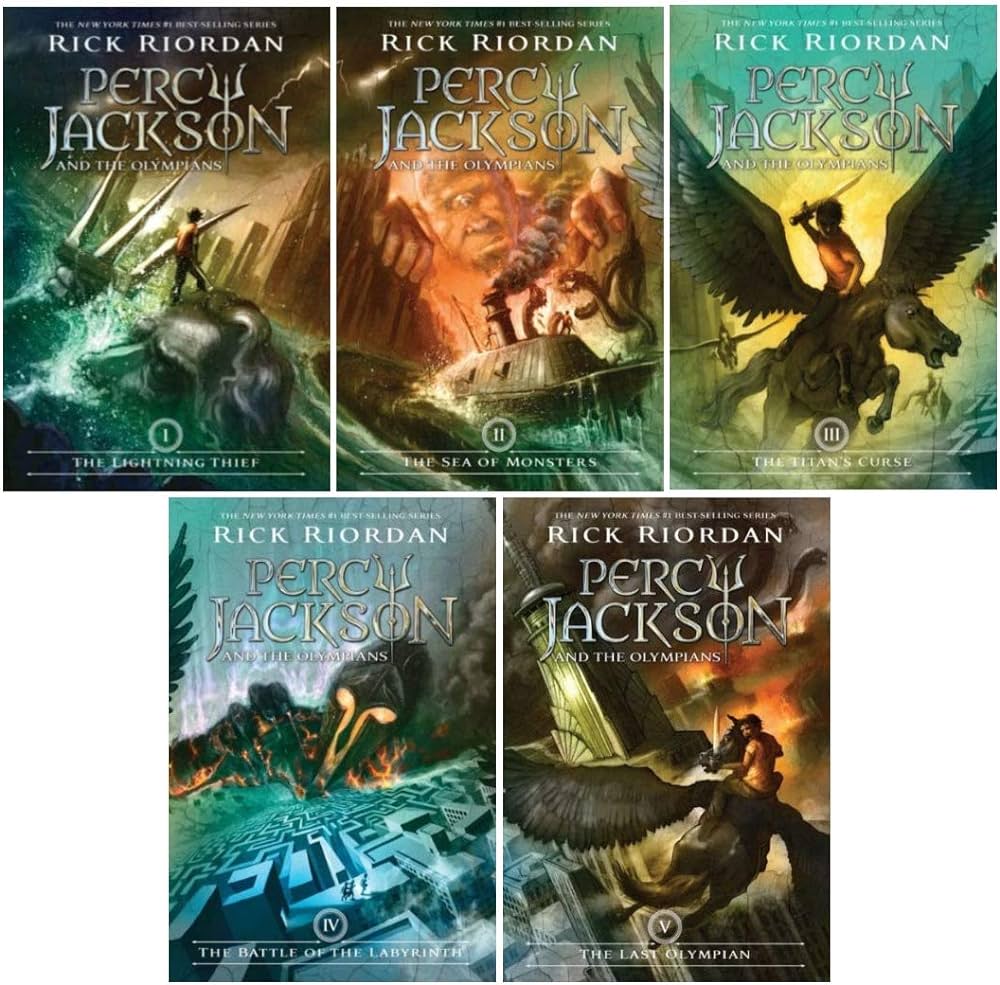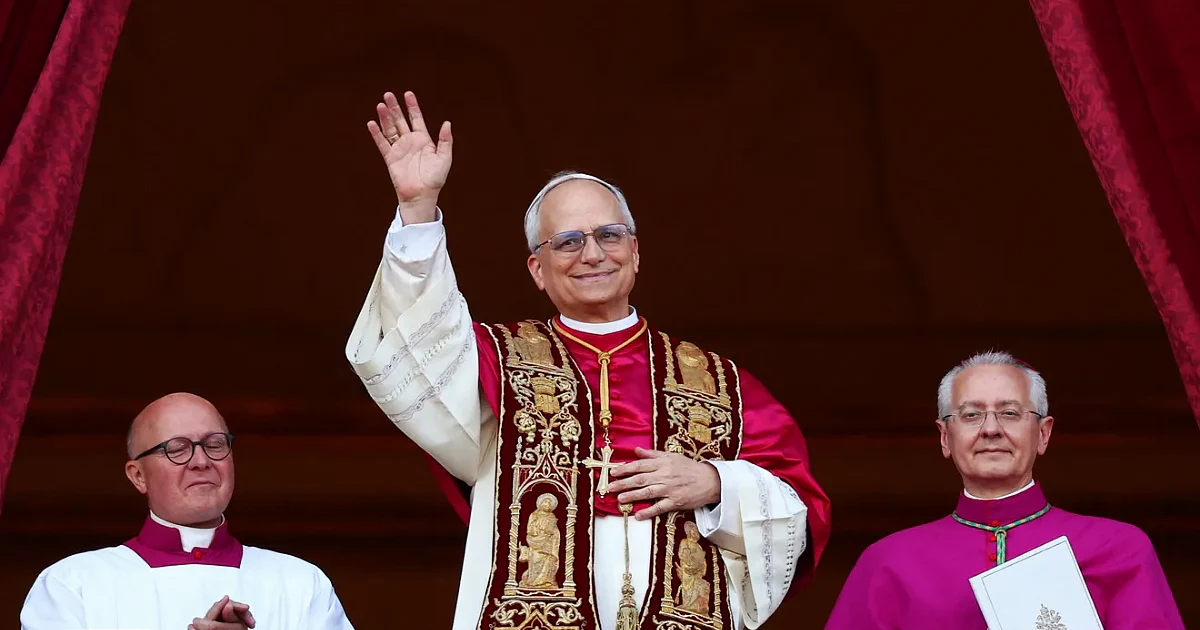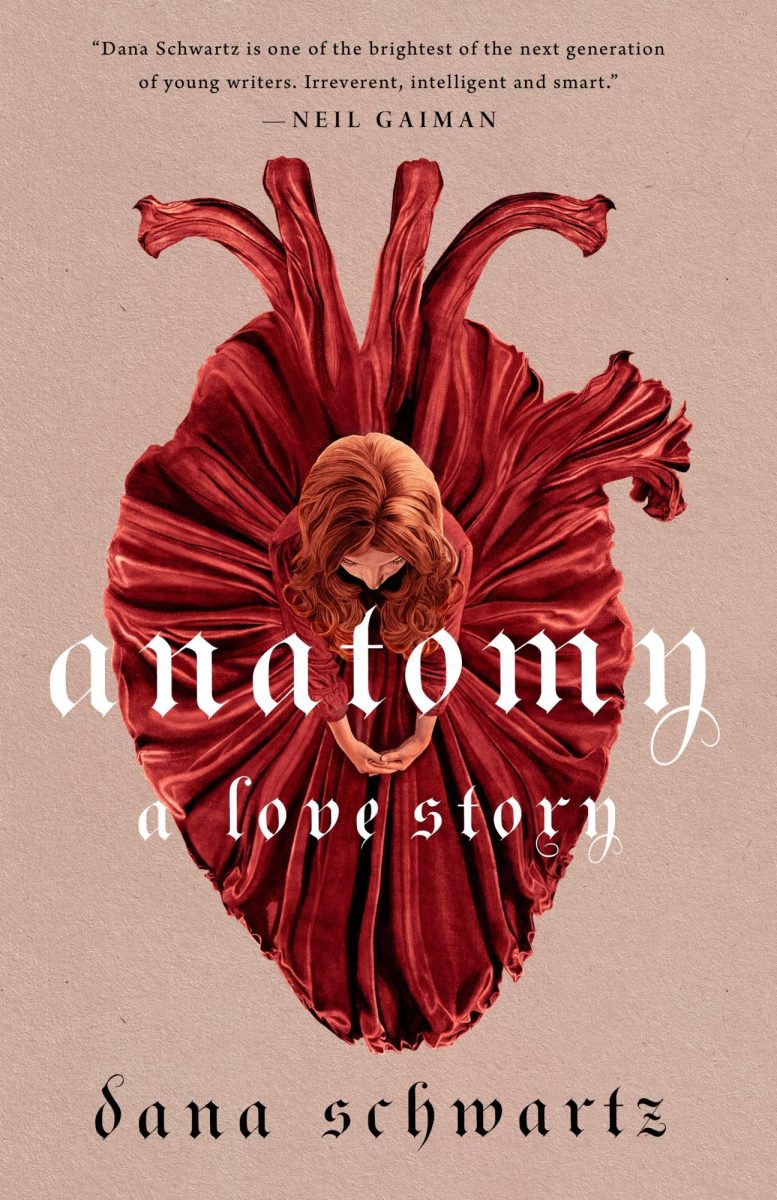The mere concept of the Percy Jackson series is one of the best in recent memory. The books ask the simple question: what if Greek mythology was real, and follows the young boy, Percy Jackson, as he discovers that he is a son of Poseidon; goes to Demigod summer camp; befriends a satyr named Grover and a jaded daughter of Athena named Annabeth; and battles against the treacherous son of Hermes, Luke, along with his master, Kronos as he plans to rise and try to overthrow Olympus again. The simple idea behind this series brings classic myths under a new light, while somehow staying true to them, and making them much more consumable for modern audiences. However, just because a series might have a good premise does not mean that it will hold up in the big picture, and it is still worth seeing just how good the Percy Jackson series is.
The Lightning Thief is the most imaginative and humorous of the books in the Percy Jackson series. The whole premise is that the important locations of Greek mythology have moved to America, leading to things like Mt. Olympus being on top of the Empire State Building, an entrance to the underworld being in California, and a garden gnome emporium being home to Medusa. This is just part of the charm of the series, and another small touch that I appreciate far more than I probably should be are the chapter titles. The first chapter is titled, ‘I Accidentally Vaporize My Pre-Algebra Teacher,’ and every other chapter title carries the same comedic weight. This is one of the most prominent contributors to the book’s humor, which I would say is its strongest attribute.
Beyond the comedy, The Lightning Thief also serves as the perfect first installment for the five-book series, setting up all of the major plot points, themes, and characters. It does its job expositing Annabeth and Luke’s backstory, as well as Luke’s motivation for eventually serving under Kronos’s army. It also serves to plant the seeds for Luke’s main ideological argument: that the gods neglected and did not care about their children, motivating his decision to betray them. The only real criticisms I have for The Lightning Thief are that it does not do much other than provide entertainment and set up the later installments and that it can feel like a mere collection of side quests at times. It remains a great book.
The Sea of Monsters is not nearly as good as the first book, but it contains the best reference to Greek mythology in the series. In the book, Grover is trapped on an island while the magical tree protecting the Demigod summer camp is dying, and in need of the Golden Fleece. Luckily for them, the island Grover is trapped on happens to contain the Golden Fleece, so Clarisse, the perpetually angry daughter of Ares, is given a quest to retrieve it. Percy and Annabeth, bringing along Percy’s Cyclops half-brother, Tyson, sneak out of camp to try and get it before Clarisse. To get to the island, however, they must navigate through the Sea of Monsters, which after the gods decided to move to New York, became the Bermuda Triangle. This was simply a genius way of incorporating a famous real-world location into the plot, while also serving as a link to the original mythology. Aside from that, the book is fine.
One of the major things I could praise about The Sea of Monsters is Tyson. It was incredibly interesting seeing Percy initially try to alienate his brother for being a Cyclops, but eventually make an effort to befriend him, winning the chariot race in the end. As great as Percy and Tyson’s relationship is, the peak of the character drama comes with Percy and Annabeth’s interactions. From Percy having to keep Annabeth grounded as she listens to the siren song, to Annabeth nearly abandoning Percy on Circe’s island, to their genuine and natural romantic tension, the development of their relationship becomes the perfect thing to provide character development while the group gets off on miscellaneous shenanigans.
The reason this book is not quite as good as the first one is that it all seems very repetitive. The first three books all follow the same format, with the fourth only deviating from it at the end, and it can tend to feel like each book does not have anything new, especially with the first two. The book is still good, but if there had been more substance aside from the same Greek mythology-type quest, it could have surpassed the first.
I believe The Titan’s Curse to be the weakest of all the Percy Jackson books. It isn’t bad, but it certainly does not live up to the first two, and I think the primary reason for that is its characters. This book introduced two of the most important characters outside of the core three: Rachel Elizabeth Dare and Nico Di Angelo. Rachel was a character whom I never particularly liked. She always seemed like an underdeveloped character who was shoehorned into the story for an arbitrary love triangle, but she is especially out of focus in this book. However, she doesn’t actively annoy me, unlike Nico. Luckily for him, Nico’s character improves dramatically in the later books, but in The Titan’s Curse, he is merely a small child who refuses to shut up about the fun card game he likes. Another character I take issue with is Thalia. I feel as though there was a lot of potential for her to focus on her backstory with Luke, Annabeth, and Grover, but the opportunity is wasted, and considering how she spends every other book as a tree or as a hunter, it feels like an especially missed opportunity. All these character flaws, plus the repetitive nature of the third book in a series like this, place The Titan’s Curse in last place. I still believe it to be good, but the others are just that much better.
The Battle of the Labyrinth starts with the same story structure as the first three books but deviates from it in the climax, which is where the book peaks. The reveal that Luke became a mortal vessel for Kronos is as chilling as it is paradigm-shifting, and the commencing battle between Kronos’s army and the campers was one of the best scenes in the whole series. These are fantastic, but I think the best aspects of the final scenes are rather understated relative to the giant war also taking place. The first is the death of Pan, which was a fantastic way to give purpose to Grover’s life once again, as well as demonstrate that the gods can die, perfectly setting the stakes for the final installment. The second is Daedalus, who was surprisingly one of the best characters in the series. It is remarkable how Rick Riordan, the author, took one of the most hateable characters from the original myths, and not only made him sympathetic, but likable. His efforts to redeem himself by helping Percy are incredibly compelling to watch unfold, and his desire to make amends with his son and nephew whom he murdered makes for an emotional and stellar climax. He ultimately sacrifices himself to destroy the labyrinth, providing the perfect cap on his amazing development, and preventing Kronos’s forces from invading through the labyrinth. This perfectly sets up for the fifth book in the series.
The Last Olympian is the best book in the series and it’s not even close. The book starts with Beckendorf, one of the most capable characters fighting against Kronos, having to blow up a boat with him on it to further delay the invasion of Olympus. Not only was this an incredibly powerful moment, but it perfectly set the tone for the rest of the book. The book remains dark as Percy and Nico travel to the River Styx and cast the curse of Achilles upon Percy, making him invulnerable except for his weak spot, which is revealed later. You may think that making the main character impervious to damage would lower the stakes significantly, but Riordan does a great job making sure that the book is jam-packed with tension. For one, Ethan Nakamura, a half-blood traitor, accidentally discovers Percy’s weak spot, making him easy pickings for Luke, who was also invincible due to the Curse of Achilles. For another, Kronos’s main target is not Percy, it is Olympus, and Percy cannot hold the entire invasion force off on his own. This book features the low point of the entire series when Hestia is the only remaining Olympian, and it is unsure how exactly Percy is going to prevail.
Beyond the unreasonably good dramatic moments, The Last Olympian is also full of genuine and fantastic emotional stakes, most of which involve Luke. When Percy and Nico met Luke’s mother and saw how messed up her mental state became, it helped me to understand him so much more, but it didn’t matter because he was already lost to Kronos. Seeing how determined Annabeth was to bring Luke back even though it was clear he was too far gone shattered me. And seeing how it all culminated in Luke sacrificing himself to destroy Kronos once again, was the most devastating part of all.
The Percy Jackson series remains great, even after all this time. With every installment being decent at worst and one of the best things I’ve ever read at best, it is safe to say the series is consistently fantastic. Possessing genuine emotional stakes, good humor, and an incredibly creative premise, the series is one I will likely never forget. That being said, none of this matters if the Disney + series ruins Riordan’s reputation like the movies, so I am praying to Zeus that it will be good.











